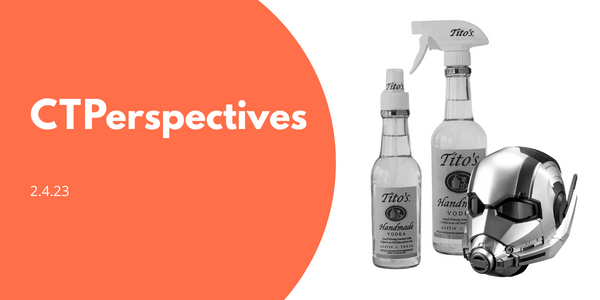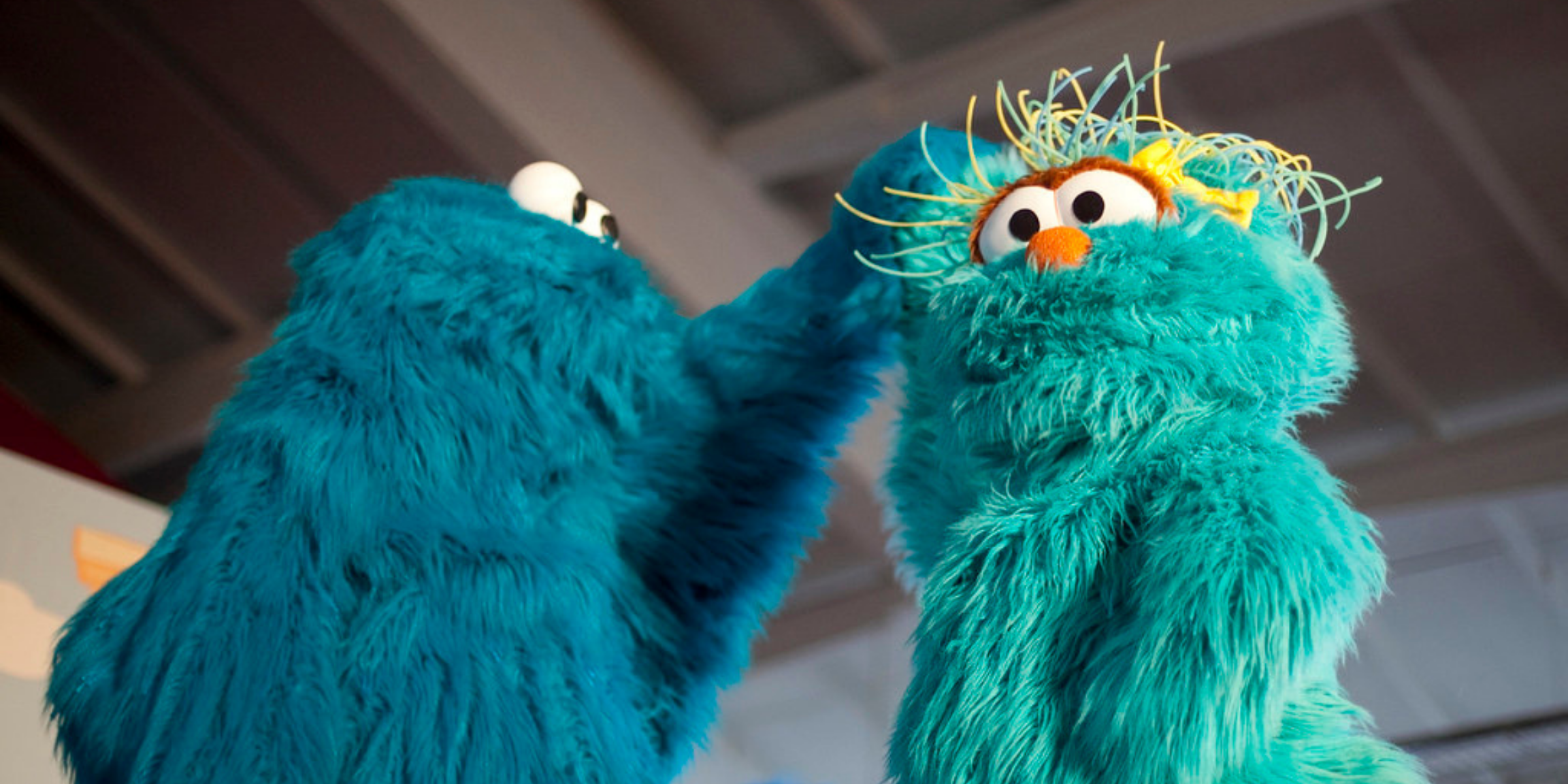Don’t get me wrong, I love HBO’s Last Week Tonight. It’s smart, witty and blessedly moderate. Still, I’m not in complete agreement with Sunday’s episode.
In light of several tactless 9/11 tweets and DiGiorno’s #WhyIStayed debacle, John Oliver suggested that companies refrain from participating in controversial, emotionally charged or otherwise impassioned conversations. He even provided the following hashtag to replace corporate commentary on social media.
#WeUnderstandThatAsCorporateEntitiesOurPresenceInCertainDiscussionsIs NotAlwaysRequiredSoWeWillStriveToLimitOurActivities ToJustSellingYouShit
I get his point. It’s wrong and inappropriate when brands insert themselves into sensitive conversations for the sole purpose of gaining visibility. I doubt any marketer would disagree.
On the other hand, it’s only natural to react to emotionally charged topics. Take recent NFL-related scandals, for example. Many brands have participated in public conversation about abuse (and the NFL’s responsibility to condemn it.) These brands would argue that their actions have nothing to do with self-promotion, but rather, ending corruption in the NFL and raising awareness for domestic violence.
All in all, I see more room for nuance than John Oliver does. Corporations can and should speak up sometimes. But, like almost everything, there’s a time and a place.
Here are 4 ways brands can stand for something other than themselves.
1. Evaluate: Is this my battle?
When you can, be Switzerland. If your brand’s industry, product, audience or professional affiliations have nothing to do with the issue at hand, stay out of it. Unnecessary involvement puts you at risk for pulling a Digiorno. Not only did the brand offend with an inappropriate tweet, they had no business commenting in the first place. (Digiorno did later apologize profusely, and claimed that piggy-backing on the #WhyIStayed conversation was unintentional.)
2. Anticipate every possible reaction.
Expect participation in controversy to be met with nothing less than more controversy. That is to say, if you decide to take action, be prepared to address every possible praise, criticism and call to further action.
3. Don’t let a novice have free reign of your social channels.
When the climate is volatile and words more weighty than ever, make sure you have a team of PR strategists, seasoned spokespeople and social media specialists manning all communications.
4. Don’t forget to address sins of omission.
When NFL sponsor Covergirl kept silent, activists photoshopped a black eye onto the advertiser’s #Gameface model. This image and several like it urged the company to end its sponsorship and asked consumers to boycott the brand. Covergirl issued a statement after the fact and later pulled NFL-related images from its Pinterest page.
Had they proactively addressed their relationship to the NFL, they might have avoided some of this negative aftermath.
One caveat: Brands should sever ties only if doing so is an authentic (as opposed to scared or indignant) response. While many likely support the Radisson terminating its Vikings sponsorship and Nike’s decision to drop Ray Rice, not every NFL sponsor must necessarily follow suit. Take Anheuser-Busch, for example. Although it plans to continue sponsoring the NFL, it quickly condemned the league’s behavior, saying that it goes against Anheuser-Busch’s corporate culture.
Of course, one could argue that this is not enough. Many do and will. Nevertheless, when a powerhouse like Anheuser-Busch pressures the NFL, it’s likely to incite change. When your brand wields a billion dollar plus sponsorship deal, mere words have weight.




